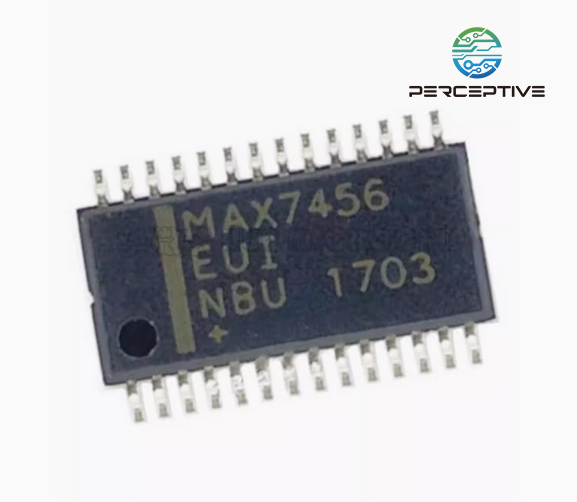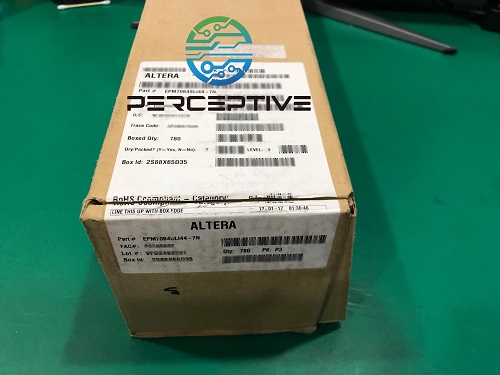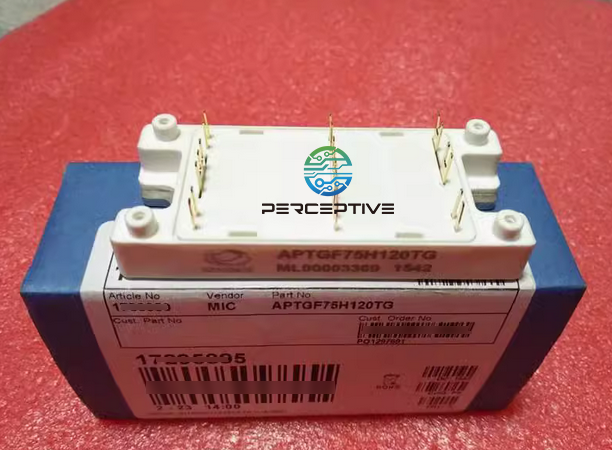In the automotive industry, advanced technologies play a vital role not only in enhancing the driving experience, but also in safety. One such technology is speech synthesis, which has become very important, especially in the context of electric and hybrid vehicles.
Automotive Speech Synthesis
In today's automotive industry, the integration of speech synthesis technology is becoming increasingly important due to the need for enhanced safety, user experience, and compliance with evolving regulatory standards.

Pedestrian safety has created an urgent need for speech synthesis in vehicles, especially in electric and hybrid vehicles. Known for their quiet operation, these vehicles pose a unique risk to pedestrians, bicyclists, and other road users who have traditionally relied on auditory cues to determine the presence and movement of vehicles. Speech synthesis systems, specifically Acoustic Vehicle Alerting Systems (AVAS), provide a critical solution by generating human-like voices to alert pedestrians to approaching or idling vehicles. This is particularly useful in urban and residential areas with high pedestrian traffic.
Speech synthesis also plays a key role in enhancing the in-vehicle experience. Modern vehicles are equipped with numerous systems such as navigation, infotainment and driver assistance technologies. Speech synthesis enables these systems to communicate with drivers and passengers, providing commands, information and alerts in a clear and understandable manner.
ML22120TB Speech Synthesis ICs
ROHM Semiconductor's ML22120xx series comprises a range of speech synthesis ICs for automotive applications. A notable product in this group is the ML22120TB, a speech synthesis LSI for automotive applications.
Notably, this device integrates a serial flash interface compatible with the voice data playback function, commonly referred to as a voice generator. The core technology of these LSIs is based on the ability to dynamically control pitch and volume through specialized setup registers, providing customizable sound output for a variety of applications.

Application Circuit for ML22120TB
At the core of the ML22120 series is a 16-bit direct pulse code modulation speech synthesis algorithm that can store up to 64 phrases with a maximum flash memory capacity of 128 Mbits. the series offers a flexible sampling frequency range of 8.0 to 48.0 kHz. Depending on the selected sampling frequency, the maximum sound generation time can range from 174 seconds at 48.0 kHz to an extended 1,048 seconds at 8.0 kHz.
The series also integrates a 16-bit digital-to-analog converter and low-pass filter to improve the quality of synthesized sounds. It supports line amplifier outputs capable of driving 10 kΩ, making it suitable for direct connection to external speaker amplifiers. For control and communication, it includes clock-synchronized serial and I2C interfaces (slave) with a master clock frequency of 4.096 MHz or 4.000 MHz.
These features make the ML22120xx series particularly suitable for automotive applications where customized, clear and reliable sound output is essential.
Improving Automotive Safety
The introduction of ROHM's speech synthesis ICs is noteworthy because it enhances the safety features of vehicles and helps improve the driving experience. These ICs can improve automotive safety for future electric and hybrid systems.
More information about ROHM's electronic component products can be found at: perceptive-ic.com.



























